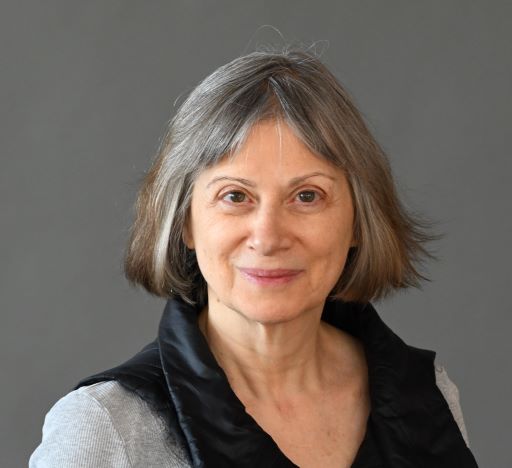Karla Hoff teaches behavioral development economics at Columbia University and is working on a book, The Other Invisible Hand: How Cultural Thinking Shapes Societies and Well-being, for Columbia University Press. In 2020, she retired from the position of Lead Economist at the World Bank, where she was Co-Director of the World Development Report 2015. She holds a B.A. in French from Wellesley College and a Ph.D. in Economics from Princeton University.
In papers published in the American Economic Review, she has shed light on why residential segregation between renters and homeowners deepens poverty, how cueing a social identity affects cognitive performance, and how Big Bang privatization in Russia impeded the emergence of a political demand for the rule of law. Her current work is in behavioral economics and sheds light on how socio-cultural interactions shape preferences, cognition, and perceptions. She has conducted lab-in-the-field experiments in India to show how caste identity affects learning, trust, and the ability to cooperate. She coedited two books, The Economics of Rural Organization and Poverty Traps.
In papers published in the American Economic Review, she has shed light on why residential segregation between renters and homeowners deepens poverty, how cueing a social identity affects cognitive performance, and how Big Bang privatization in Russia impeded the emergence of a political demand for the rule of law. Her current work is in behavioral economics and sheds light on how socio-cultural interactions shape preferences, cognition, and perceptions. She has conducted lab-in-the-field experiments in India to show how caste identity affects learning, trust, and the ability to cooperate. She coedited two books, The Economics of Rural Organization and Poverty Traps.
CV; Updated July 2021
